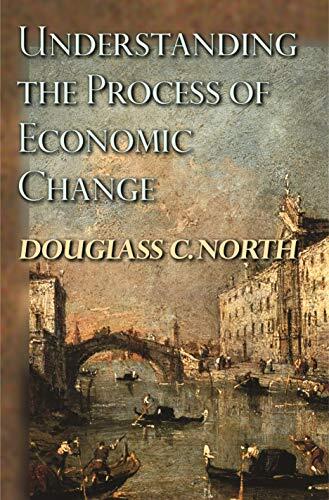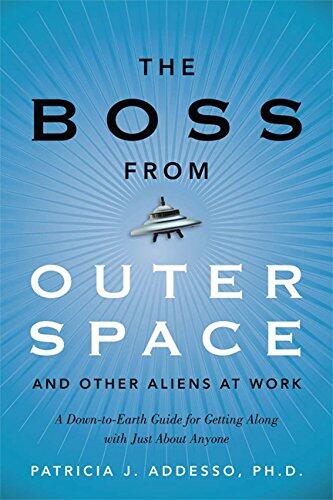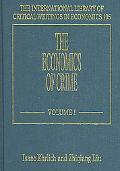
Understanding the Process of Economic Change
还没有评分
History
Business & Economics
格式
精装书
页数
200
语言
英语
已发布
Jan 23, 2005
出版商
Princeton University Press
版本
First Edition (1st printing)
ISBN-10
0691118051
ISBN-13
9780691118055
描述
In a transformative examination of economic evolution, Douglass C. North presents a compelling analysis that reshapes the reader's understanding of how economies develop and adapt over time. Drawing from comprehensive historical research and the latest economic theories, North navigates the intricate relationship between institutions, culture, and economic performance. His insights delve deep into the forces that drive economic change, illustrating how different societies respond to challenges and opportunities.
North's perspective emphasizes the importance of institutional frameworks, highlighting how they can facilitate or hinder economic progress. By analyzing various case studies throughout history, he demonstrates that the success of economies is often tied to the effectiveness of their institutions and the adaptability of their structures. This layered understanding provides a fresh lens through which to view historical economic trends and contemporary issues alike.
The narrative intertwines theory with real-world examples, making complex concepts accessible to a broad audience, including both scholars and those simply interested in economic history. North's engaging prose invites readers to ponder the implications of economic change, fostering a deeper appreciation for the underlying mechanisms that shape human prosperity.
Ultimately, this work stands as both a scholarly contribution and a thought-provoking exploration, encouraging readers to reconsider preconceived notions about economic growth and institutional dynamics. Through North's lens, the intricate dance between culture and economics is revealed, offering valuable lessons for the future of economic policy and development.
North's perspective emphasizes the importance of institutional frameworks, highlighting how they can facilitate or hinder economic progress. By analyzing various case studies throughout history, he demonstrates that the success of economies is often tied to the effectiveness of their institutions and the adaptability of their structures. This layered understanding provides a fresh lens through which to view historical economic trends and contemporary issues alike.
The narrative intertwines theory with real-world examples, making complex concepts accessible to a broad audience, including both scholars and those simply interested in economic history. North's engaging prose invites readers to ponder the implications of economic change, fostering a deeper appreciation for the underlying mechanisms that shape human prosperity.
Ultimately, this work stands as both a scholarly contribution and a thought-provoking exploration, encouraging readers to reconsider preconceived notions about economic growth and institutional dynamics. Through North's lens, the intricate dance between culture and economics is revealed, offering valuable lessons for the future of economic policy and development.



















